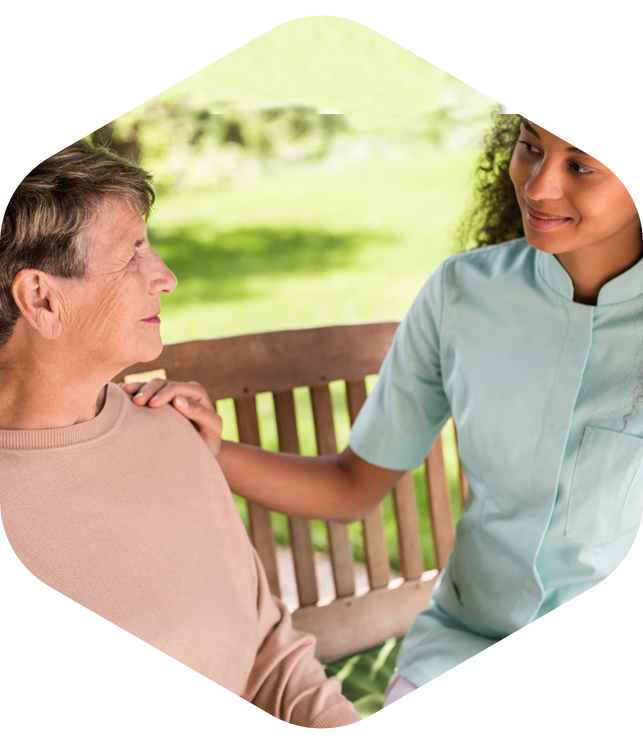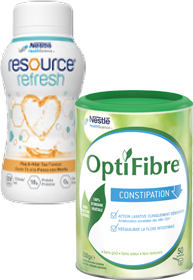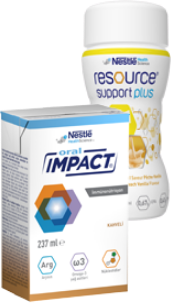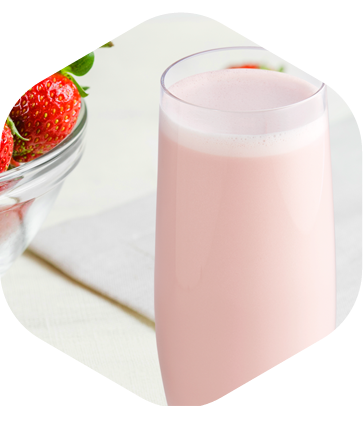What to Say to a Person with Cancer and What Not to Say
Beyond words, it's also important to show support by listening carefully.2
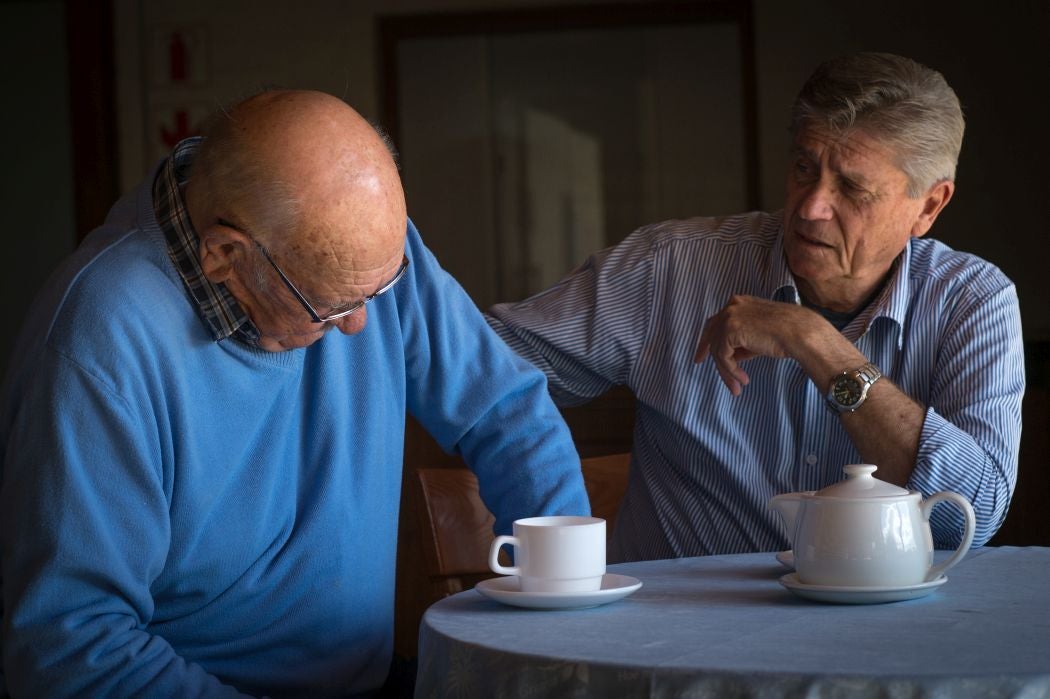
Many people don't know what to say to someone who has cancer, whether it's a family member, a friend or even a co-worker. Even if you're unsure whether you should address the subject or not, and how to do it, being around and showing support can mean a lot.1,2 However, more than just saying anything, it's imperative that you offer to help and keep the needs of the person with cancer in mind. Be practical and specific rather than the generic “I'm here for anything or if you want to talk”.3
4 suggestions on what to say to a person with cancer
- Be honest - Tell the truth and plainly state that you don't know what to say if that's the case. It's a good idea to add that you care about them and want them to know that.4
- Show empathy - Sometimes, simply acknowledging the situation can mean a lot, so you can just say that you are sorry for what they are going through.4
- Be supportive - Think about what the person might need and offer specific help, such as going to the hospital with them and shopping for their groceries.5
- Let them take the initiative - Just follow their lead during conversation. You don't have to necessarily always talk about the cancer. Sometimes patients just need a distraction and want to talk about other things.6
Besides, you don't always have to say something. Keeping eye contact, listening carefully and paying attention while the person speaks is also a way of showing support.2
What not to say to a person with cancer
- Offering advice (that is) unasked for;1
- Saying you understand how they feel;1
- Making comments about physical changes related to the disease or treatments;5
- Dismissing their feelings by saying it could be worse if it was another type of cancer;5
- Talking about information that has not been scientifically proved;5
- Blaming the disease on their lifestyle choices;5
- Asking about the prognosis;5
- Asking details about the disease and how they are feeling;6
- Comparing their situation with that of someone else who had cancer.6
Comments addressed to people with cancer
After finally getting the doctor's consent to return to classes, Debora Evellyn could not have imagined that, besides having to take certain measures due to the disease, such as wearing masks to avoid infections, she would also have to deal with some of her colleagues' negative comments. "A few people actually told me that I was playing 'the victim.'"
"I also received some negative feedback after creating an Instagram account to share what it's like living with the disease. They criticized my bald photos or any photo that showed visual changes, and even me taking part on ABRALE (Brazilian Lymphoma and Leukemia Association)’s oncological events. They said that, if I was well enough to attend an event, I was ready to go back to work too. It wasn't easy!"
Maria Elisa, on the other hand, did not get the same criticism as Debora. But she says she also had to face comments that made her uncomfortable, even though they weren't supposed to be mean. "A friend asked me: 'Girl, how did you get that?' Another one told me in a fatal tone of voice: 'Now your life's going to change.' These were people close to me, trying to show support. But sometimes even those close to us don't understand the impact their words can have."
It was also uncomfortable for Maria Elisa that some people refused to say the name of the disease. "It bothered me, it seemed like I had to be ashamed of being with cancer, that I had been marked. That messes with our thoughts," she states. Debora says she also had to deal with similar situations - "There's still a lot of stigma around cancer, people avoid talking about it, it doesn’t matter how much medicine has progressed and that many people are being cured now. And the more people talk about it in a natural way, the better it is for those who have the disease,".
References:
1 - When Someone You Know Has Cancer. American Cancer Society. Available at: https://www.cancer.org/treatment/caregivers/when-someone-you-know-has-cancer.html. Access on: December/2019.
2 - Talking With Someone Who Has Cancer. American Society of Clinical Oncology – ASCO. Available at: https://www.cancer.net/coping-with-cancer/talking-with-family-and-friends/talking-about-cancer/talking-with-someone-who-has-cancer. Access on: December/2019.
3 - What Never To Say to A Person With Cancer (“O que Jamais Dizer a Uma Pessoa Com Câncer”). Oncoguia Institute. Available at: http://www.oncoguia.org.br/conteudo/o-que-jamais-dizer-a-uma-pessoa-com-cancer/10171/7/. Access on: December/2019.
4 - 12 Things Never to Say to Someone Who Has Cancer. Cancer Research UK. Available at: https://www.cancerresearchuk.org/about-cancer/cancer-chat/thread/12-things-never-to-say-to-someone-who-has-cancer#post-108241. Access on: December/2019.
5 - 9 Things You Should Never Say to A Person With Cancer (“9 Coisas que Você Nunca Deve Falar Para Uma Pessoa Com Câncer”). Brazilian Lymphoma and Leukemia Association (“Associação Brasileira de Linfoma e Leucemia – ABRALE”). Available at: https://www.abrale.org.br/abrale-noticias/427-9-coisas-que-voce-nunca-deve-falar-para-uma-pessoa-com-cancer. Access on: December/2019.
6 - Gavaghen M. What Not to Say to a Cancer Patient. American Association for Cancer Research – AACR. Available at: https://www.cancertodaymag.org/Pages/cancer-talk/What-Not-to-Say-to-a-Cancer-Patient.aspx. Access on: December/2019.
Know more about the subject
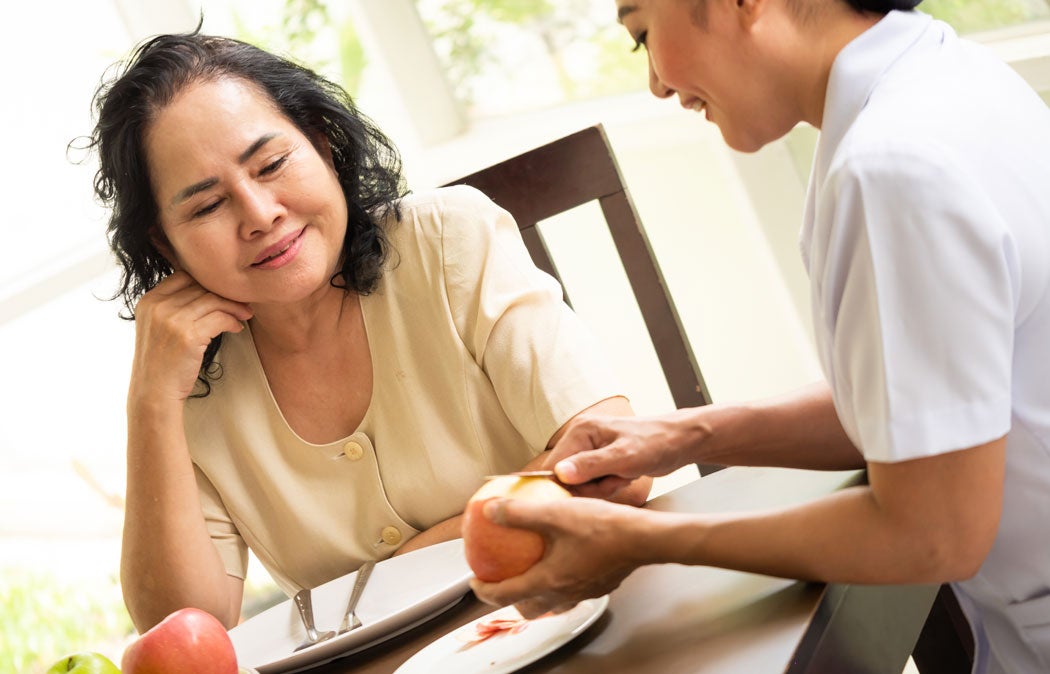
When A Cancer Patient Stops Eating: Advice for Caregivers
While chemotherapy is a leading treatment for cancer, it can cause many difficult and often unpleasant side effects that often affect a person’s day-to-day life1. Loss of appetite and eating problems are common side effects that many people with cancer face, caused by both cancer and its treatment1.
A Guide To Cancer Diets: Battling Cancer With Nutrition
Eating a healthy, balanced diet helps give your body the nutrients, calories, and strength it requires to fight off diseases.
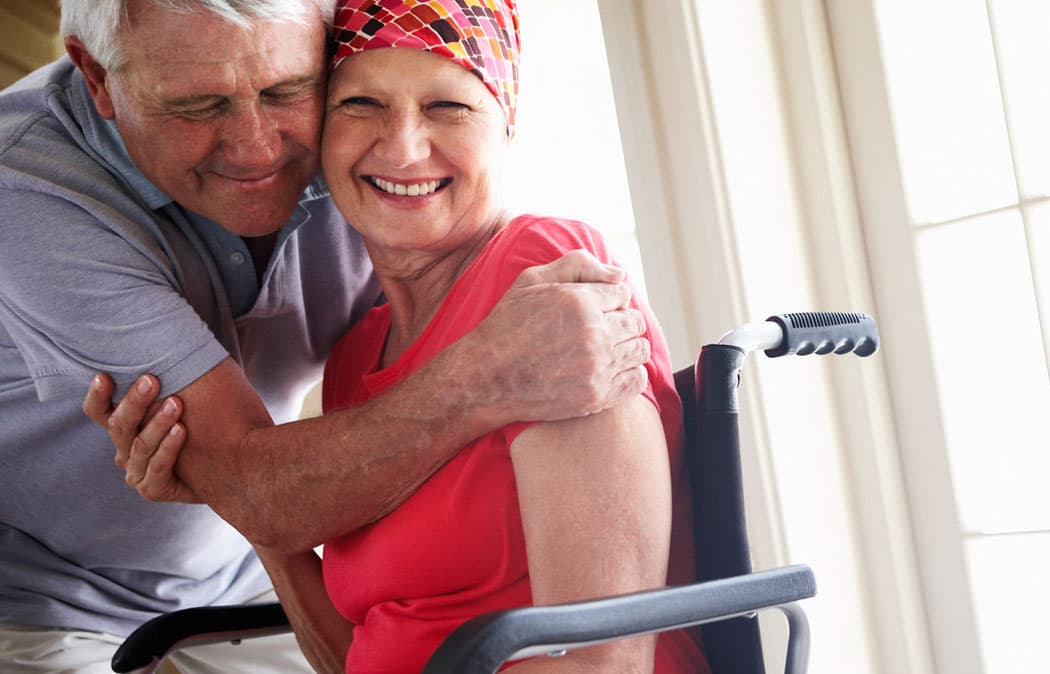
How to Cope with Muscle Loss
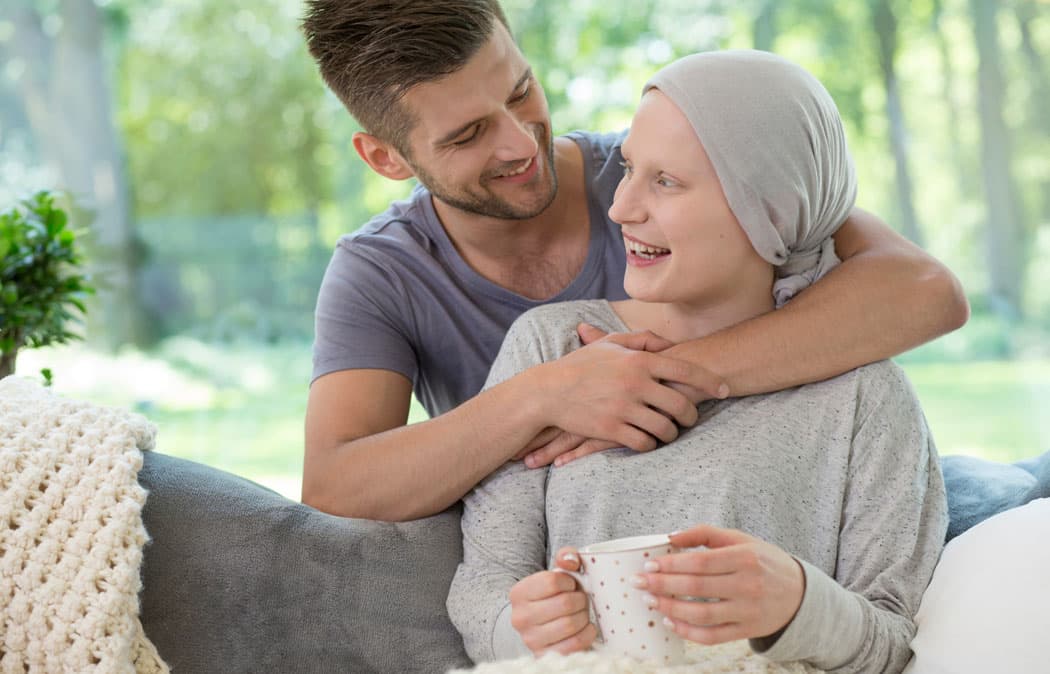
How to Cope with Trouble Chewing and Swallowing

Psycho-Oncology’s Help on Patients’ Professional and Social Life after Treatment
Therapeutic strategies allow facing the challenges of moving forward
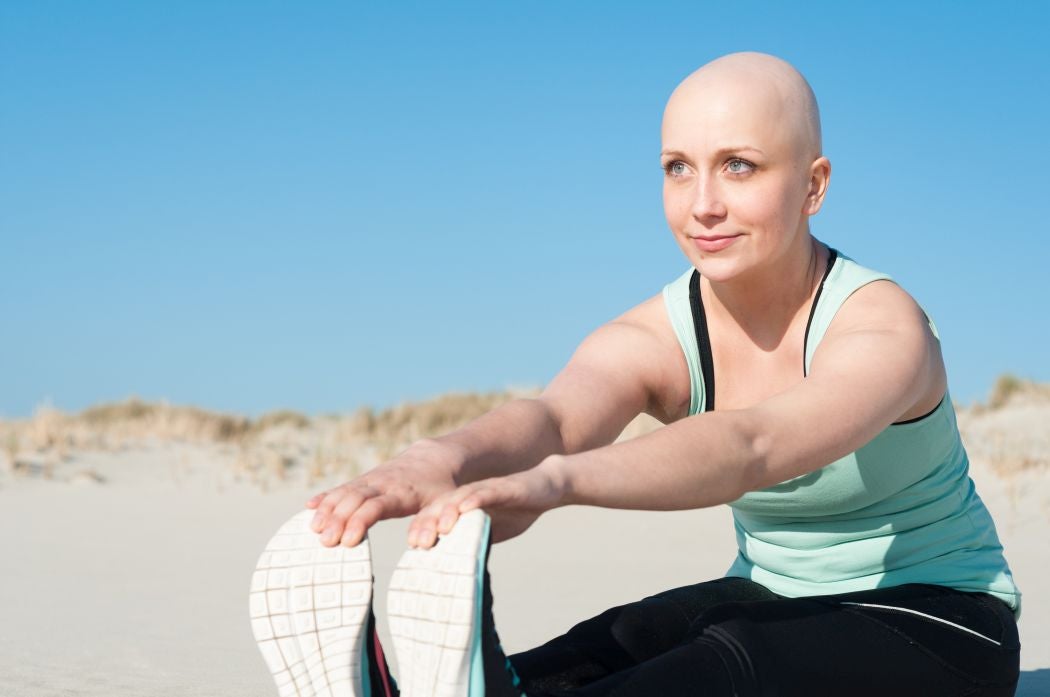
How Cancer Patients Can Benefit from Exercising
Exercising according to medical advice is great for patients’ rehabilitation and well-being
